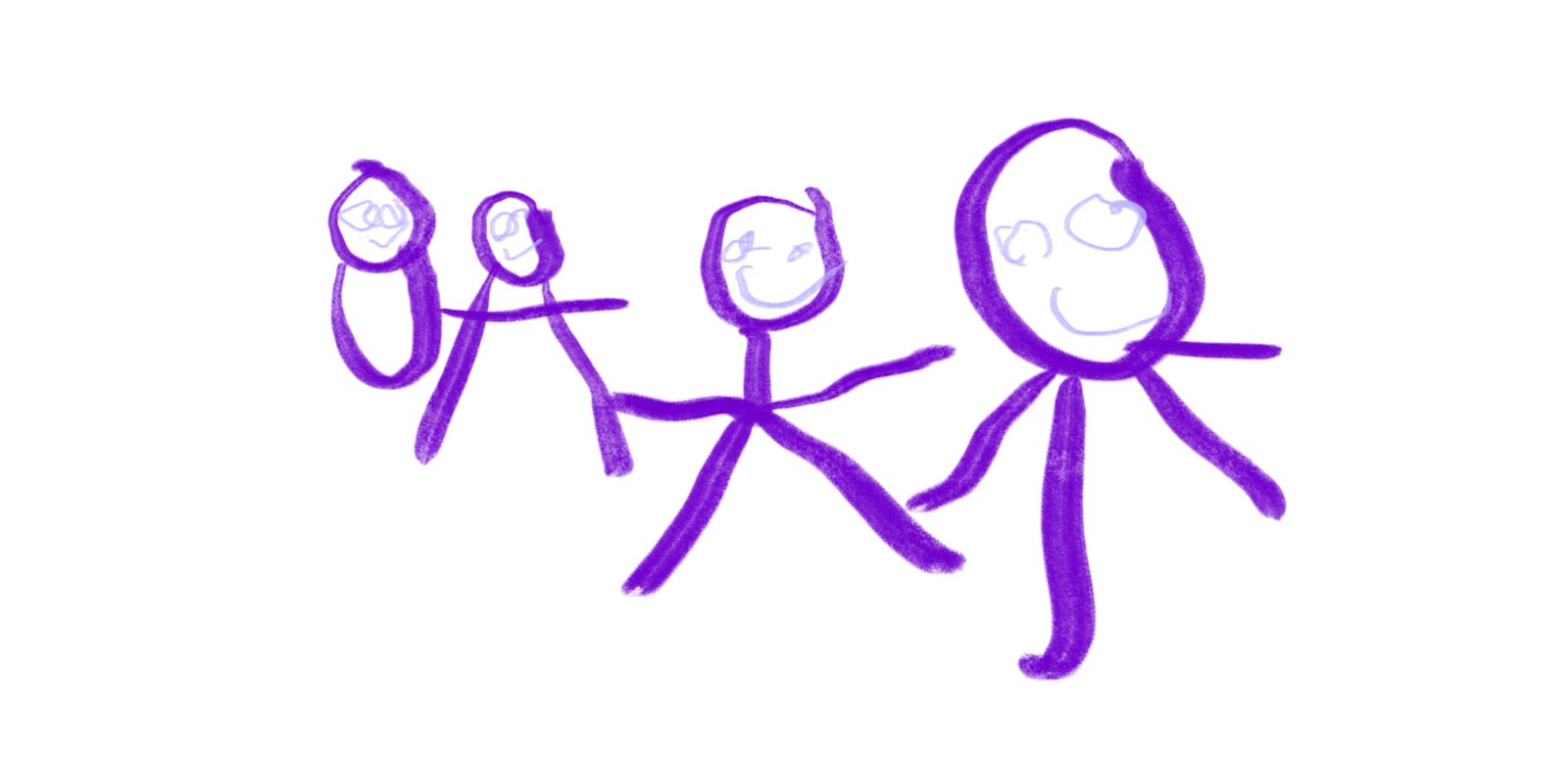
Early childhood is a time for rapid development and children are aware of this. They see changes in their bodies, abilities and the world around them. Also, adults often tell children they are growing up fast and place emphasis on the future.
The concept of growing up can be exciting or scary for young children. They may crave new freedoms while being fearful of the unknown. Early childhood educators can help children navigate these changes and develop independence. They can also remind them the most important age in their life is now.
The Early Years Learning Framework
The topic of growing up is strongly connected to children's identities (1) and the view that children’s lives are characterised by belonging, being and becoming.
Being
The EYLF recognises the significance of the here and now in children’s lives: "The early childhood years are not solely preparation for the future but also about the present."
Becoming
The EYLF recognises that young children undergo immense changes to their "identities, knowledge, understandings, capacities, skills and relationships". The framework emphasises learning that supports children to participate fully and actively in society.
Learning experiences
Learn about life cycles
Early childhood educators can introduce children to the concept of life cycles through real-life interactions with nature. Children can learn about the life cycles of different animals and plants, and explore how they change and develop over time.
- Plant seeds in a garden
- Keep pets that undergo unique changes
- Organise a chicken-hatching program at your service.
Create self portraits
Children can create a series of self portraits throughout the year, documenting their changes as they grow. Alternatively, they could draw themselves as a baby, in the present, and in the future.
Bury a time capsule
Educators can help children bury time capsules. Inside, place items or drawings that reflect their interests, likes and dislikes. Dig it up in the future to see how they have grown and changed.
Community connections
Interact with people in diverse age groups
Children can gain an understanding of what it means to grow up by interacting with people of different ages, including babies, adults and the elderly. Create opportunities for children to socialise and collaborate on projects with younger and older people.
Discussions
- What do you think growing up means?
- What do you think you will be able to do when you are grown up? What are some responsibilities that come with growing up?
- How do you think you will change as you grow up?
- Other than people, what else grows up? (e.g. animals and plants)
Resources
Picture books
- The Wonderful Things You Will Be by Emily Winfield Martin
- Oh, The Places You'll Go! by Dr. Seuss
Music
Super Simple Songs: When I grow up
